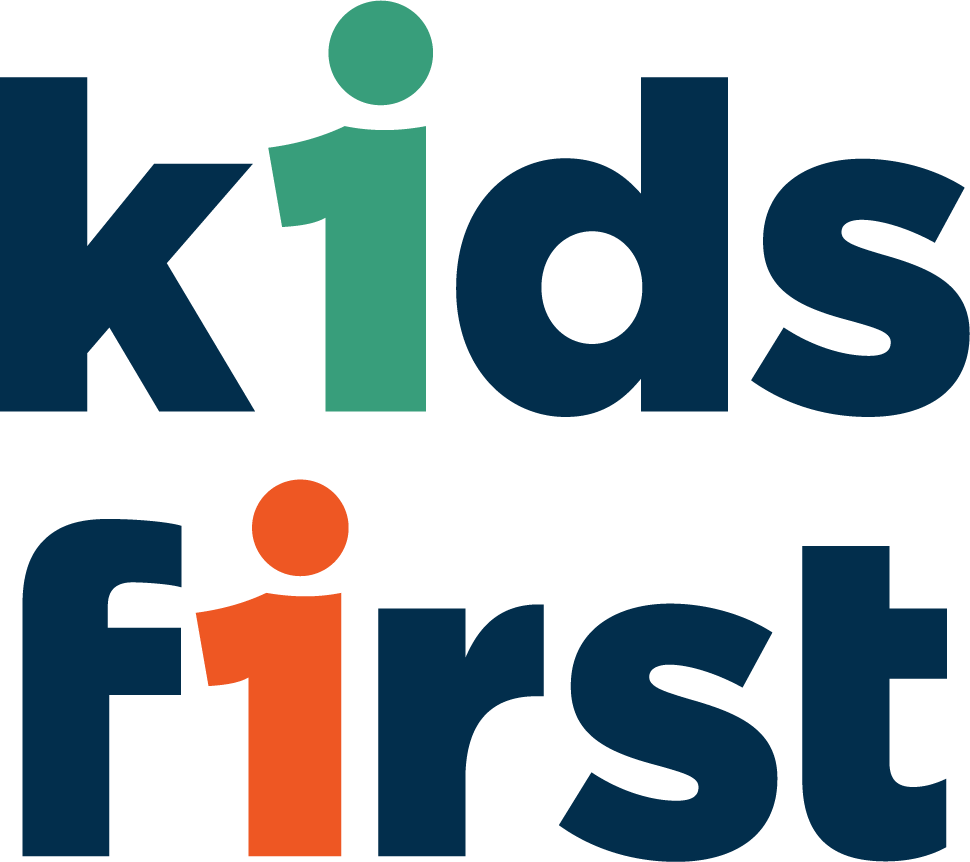Nurturing Futures: A Problem-Solution Guide to Foster Parenting
Foster parenting is a noble endeavor that opens doors to a brighter future for children who have faced adversity. However, the journey of fostering comes with its unique set of challenges. Navigating these challenges requires a problem-solving approach, ensuring that foster parents are equipped with the tools and support they need to provide a nurturing environment for the children in their care. That’s why we’re offering this helpful guide to foster parenting.
Addressing Emotional Trauma and Behavioral Issues -
One of the primary challenges in foster parenting is addressing the emotional trauma and behavioral issues that many children in foster care carry with them. These children often come from backgrounds of neglect, abuse, or instability, leading to difficulties in forming healthy relationships and expressing their emotions appropriately.
Trauma-Informed Parenting
Foster parents should be trained in trauma-informed parenting techniques. Many agencies offer workshops and seminars focusing on trauma-informed parenting techniques. Participation in training programs designed to prepare foster parents for the emotional challenges they might face involves understanding the impact of trauma on a child's brain development and behavior.
Additionally, consider therapy or counseling to develop coping strategies and enhance your ability to support the child effectively. By approaching parenting with empathy and patience, foster parents can create a safe and supportive environment, helping children heal from their past experiences.
Foster Parent Support Systems
Foster parents often find themselves isolated, facing the challenges of raising a child with minimal support. This lack of a strong support system can lead to burnout and negatively impact the foster family's ability to provide stable and loving care.
Establishing foster parent support groups is crucial for creating a sense of community among foster families. A supportive network of friends, family, and professionals can serve as platforms for sharing experiences, seeking advice, and providing emotional support. In addition, ongoing training programs and counseling can equip foster parents with the skills necessary to handle various situations, ensuring they feel confident and competent in their caregiving roles.
Educational Challenges for Foster Parents
Children in foster care often face disruptions in their education due to frequent moves and changes in their living situations. This instability can result in academic gaps, making it challenging for them to reach their full potential.
Educational Advocacy and Stability
Foster parents should actively advocate for the educational needs of the children in their care. This involves working closely with teachers, school administrators, therapists, and educational support services to address any gaps in learning. Furthermore, creating a stable and consistent learning routine is also essential, providing children with the stability they need to thrive academically. By actively engaging in the child's life and advocating for their well-being, you can make a significant difference in how they perceive themselves and thrive.
Attachment and Trust Issues in Foster Parenting
Building trust and forming secure attachments can be particularly challenging for children who have experienced early trauma and multiple placements. Foster parents must address these attachment and trust issues to create a foundation for healthy relationships.
Therapeutic Interventions and Patience
Therapeutic interventions, such as play therapy, attachment therapy, or counseling, can be instrumental in helping children build trust and form secure attachments between you and your child. Foster parents should approach these relationships patiently, understanding that it may take time for a child to feel safe and secure in their new family environment. Furthermore, foster open communication with your family members.
Discuss their concerns and expectations openly. Set clear boundaries and involve everyone in decision-making processes. Addressing concerns proactively and fostering a supportive family environment can build the foundation for healthy and trusting relationships.
Transitioning to Adulthood
As children in foster care approach adulthood, they often face the daunting challenge of transitioning to independent living. Many lack the necessary life skills and support systems to navigate this critical phase successfully.
Life Skills Training and Extended Support
Foster parents should actively teach essential life skills to prepare their foster children for independence. This includes financial literacy, job readiness, and basic household management. Moreover, extending support beyond the age of 18, such as providing guidance and assistance as they navigate higher education or vocational training, can significantly contribute to a successful transition to adulthood.
Foster parenting is a complex and rewarding journey that requires a problem-solving approach. By addressing issues such as emotional trauma, lack of support, educational challenges, attachment and trust issues, and the transition to adulthood, foster parents can create a nurturing environment that fosters the healthy development of the children in their care. With ongoing support, education, and a commitment to the well-being of these vulnerable individuals, foster parenting plays a vital role in nurturing futures and shaping positive outcomes for the children they welcome into their homes.

